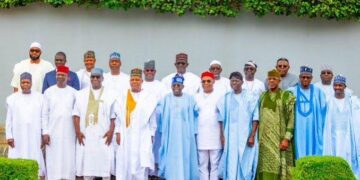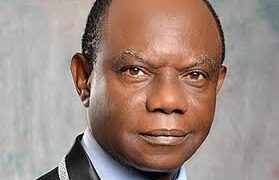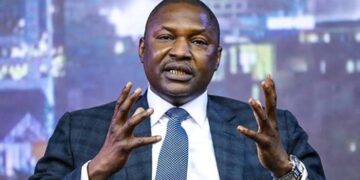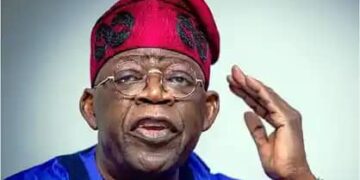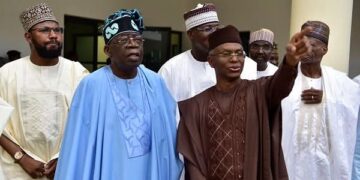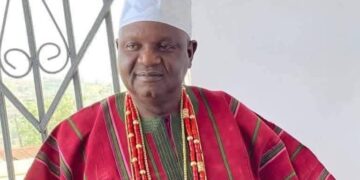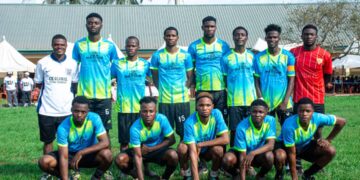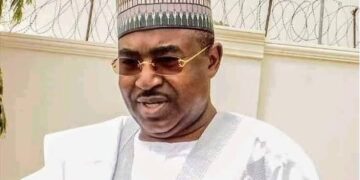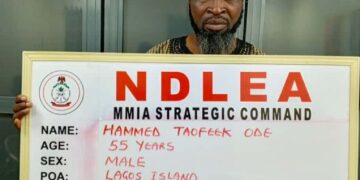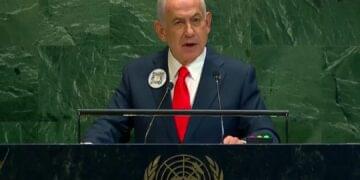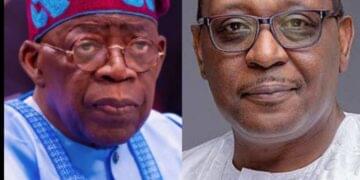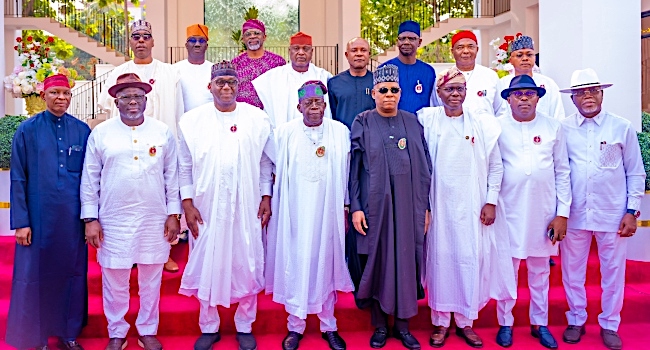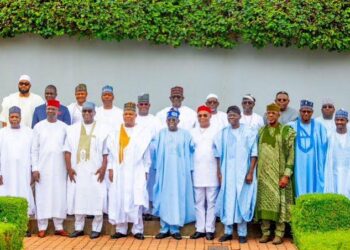By Francis Madagwa
In a healthy democracy, elections are not just an end, but the beginning of purposeful governance. Campaigns end, oaths are taken, and the real work of leadership begins—serving the people. This was once the tradition in Nigeria’s democratic evolution, especially in the early years of the Fourth Republic. After the euphoria of electoral victories and the swearing-in ceremonies, political actors were expected to focus squarely on governance—formulating policies, building infrastructure, improving education, healthcare, and security—until the next electoral season. But that rhythm has since been disrupted.
Since the second tenure of President Olusegun Obasanjo, a troubling shift began to take root in the political class. Rather than settling into the rigors of governance after elections, the ruling elite became perpetually fixated on retaining power. Governance was no longer the centerpiece—it became a side show to endless political scheming. Campaign-style propaganda, media manipulation, blame games, and power tussles became the new daily business. Governance became reactive instead of proactive. The state was no longer driven by vision, but by optics and political calculations.
Today, this pattern has deepened. Once elected, political actors quickly abandon their manifesto and instead plunge into the next power game: positioning for the next election cycle, sponsoring parallel candidates, blackmailing perceived threats, and enriching loyalists. Ministries, departments, and agencies become patronage centers rather than service hubs. Budgets are inflated not for public benefit but to reward cronies through contracts and political settlements. Public offices have become tools for amassing personal wealth, not instruments of public service.
Even more alarming is the level of state capture by political interest groups. Many politicians now surround themselves with sycophants who reinforce their delusions of performance. Media channels are hired not to inform the public, but to praise mediocrity and attack dissenters. Governance is now measured by social media trends and propaganda videos rather than measurable outcomes. Critical voices are silenced or co-opted, and national discourse is reduced to tribalism, division, and endless blame.
If this dangerous trajectory is not corrected, Nigeria risks democratic fatigue. The people will lose faith in elections as a tool for change. Voter apathy will increase. Distrust in institutions will deepen. Worse still, the country may slide into deeper instability as the gap between the governing and the governed widens. When governance is abandoned for propaganda, and politics becomes a zero-sum game, the legitimacy of the state itself is at risk.
To reverse this tide, a cultural reset is needed. The political class must be reminded that the essence of leadership is service, not survival. Citizens, too, must rise beyond tribal loyalty and demand accountability. The time to disrupt this cycle is now—before the next generation inherits a democracy hollowed out by propaganda and crippled by greed.
Francis Madagwa
Write from Mosogar kingdom.

